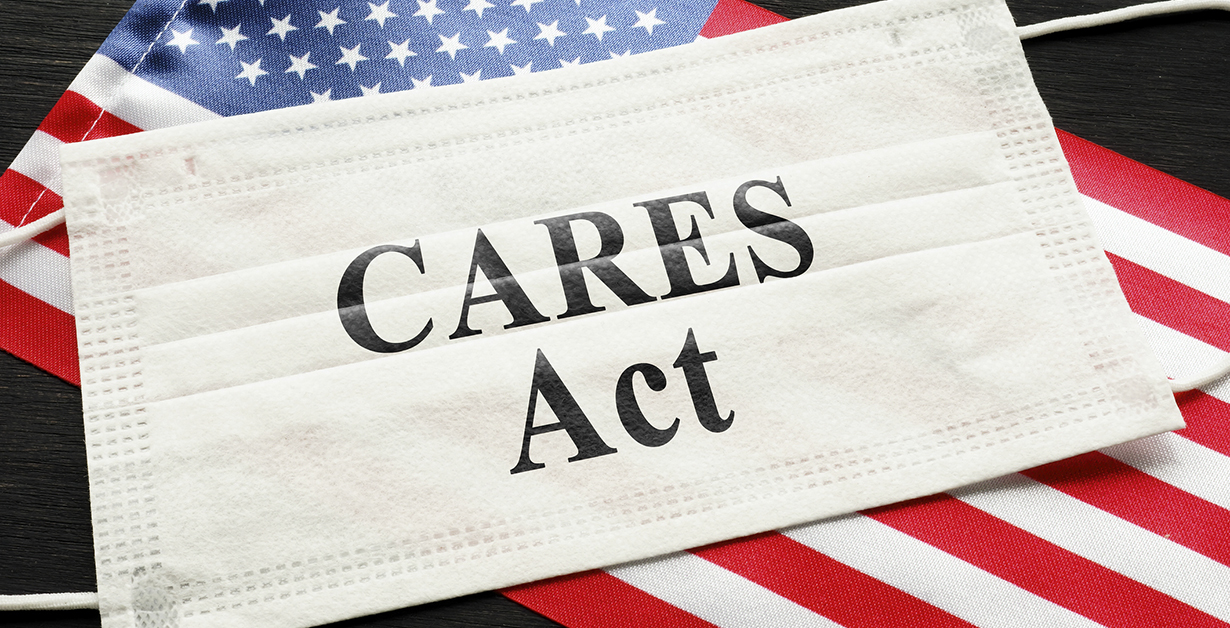
These are challenging times that we live in. Many people are forced to live on less income due to job loss, a death in the family, and involuntary pay cuts. Understandably, some people have fallen behind on their monthly payments, and are concerned about the negative impact on their credit reports.
In pre-Covid times, these missed payments would have been reported to credit bureaus like Experian, Equifax, and Trans Union. Then, the credit bureaus would continue to lawfully report these missed payments on your credit report for at least 7 1/2 years.
However, in March 2020, Congress passed the Coronavirus Aid, Relief, and Economic Security (CARES) Act, which provides some very limited consumer protections. Congress knew that some people would fall behind on monthly payments, and that some creditors might arrange for new payment plans, payment deferrals, loan modifications, and other similar accommodations.
What if I’m current on payments, but would like to arrange a new payment plan?
 Under the CARES Act, when a creditor agrees to a new payment plan with a consumer who was current at the time of the new arrangement, that creditor must continue to report the account as current so long as the consumer is making the required payments under the new arrangement.
Under the CARES Act, when a creditor agrees to a new payment plan with a consumer who was current at the time of the new arrangement, that creditor must continue to report the account as current so long as the consumer is making the required payments under the new arrangement.
For example, let’s say you had mortgage payments of $2,000 per month, and you are concerned that you will not be able to make future payments on time. If your creditor agrees to a new payment arrangement of $1,500 per month and you make timely payments under that arrangement, then your account must be reported as current.
What if I’m behind on payments, but would like to arrange a new payment plan?
 If the consumer was already behind on payments at the time of the new payment arrangement, but then later on becomes current, then the creditor and credit bureaus must report the consumer as current. But even before the consumer becomes current, the creditor and credit bureaus must continue reporting the obligation the same as it was before the new payment arrangement, so long as the consumer complies with that new arrangement.
If the consumer was already behind on payments at the time of the new payment arrangement, but then later on becomes current, then the creditor and credit bureaus must report the consumer as current. But even before the consumer becomes current, the creditor and credit bureaus must continue reporting the obligation the same as it was before the new payment arrangement, so long as the consumer complies with that new arrangement.
For example, let’s say you were 60 days late on a mortgage payment, but you then entered into a loan modification agreement with your lender where you are paying less in monthly payments. So long as you comply with the terms of the loan modification, the creditor and credit bureaus may only report the mortgage as 60 days late. If you manage to catch up on mortgage payments, then the creditor and credit bureaus must then report the mortgage as current.
What if my account has been “Charged-Off”?
These limited consumer protections do not protect any consumer whose debt was already “charged off.” That means that if you had a debt that was already in collection, the CARES Act does not offer you any additional protection.
Your Rights Under the CARES Act
Your rights under the CARES Act are not automatically enforceable. For example, let’s say that a creditor or credit bureau inaccurately reports a monthly payment as unpaid or insufficient, even though the payment you made was the payment the creditor agreed to under the new payment arrangement. To enforce your limited rights under the CARES Act to remove this inaccuracy, you must dispute this inaccuracy directly with the credit bureau. The credit bureau and creditor must then conduct a reasonable investigation of your dispute.
Dispute Credit Reporting Errors in Writing
 If you believe a payment is being reported inaccurately on your credit report, we recommend that you dispute the inaccuracy with the credit bureaus in writing. Credit bureaus like Equifax, Experian, and Transunion may allow the consumer to dispute by telephone or online, but you should always dispute in writing by sending a letter by mail because it provides a better paper trail. Additionally, credit bureaus may include “terms and conditions” in the fine print that take away your rights.
If you believe a payment is being reported inaccurately on your credit report, we recommend that you dispute the inaccuracy with the credit bureaus in writing. Credit bureaus like Equifax, Experian, and Transunion may allow the consumer to dispute by telephone or online, but you should always dispute in writing by sending a letter by mail because it provides a better paper trail. Additionally, credit bureaus may include “terms and conditions” in the fine print that take away your rights.
Seek Help from a Qualified Consumer Protection Lawyer
 If you feel that a creditor or credit bureau is inaccurately reporting your debt, and you have disputed that inaccuracy without success, contact Flitter Milz for a no cost legal evaluation to determine whether your consumer rights have been violated.
If you feel that a creditor or credit bureau is inaccurately reporting your debt, and you have disputed that inaccuracy without success, contact Flitter Milz for a no cost legal evaluation to determine whether your consumer rights have been violated.








